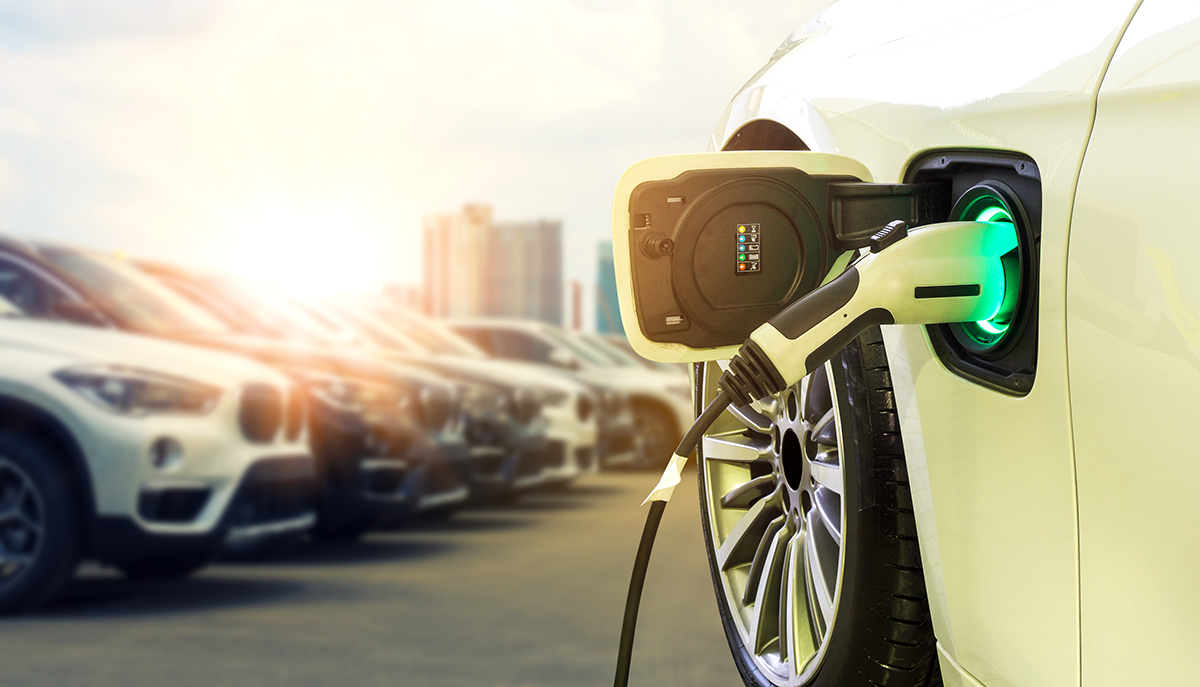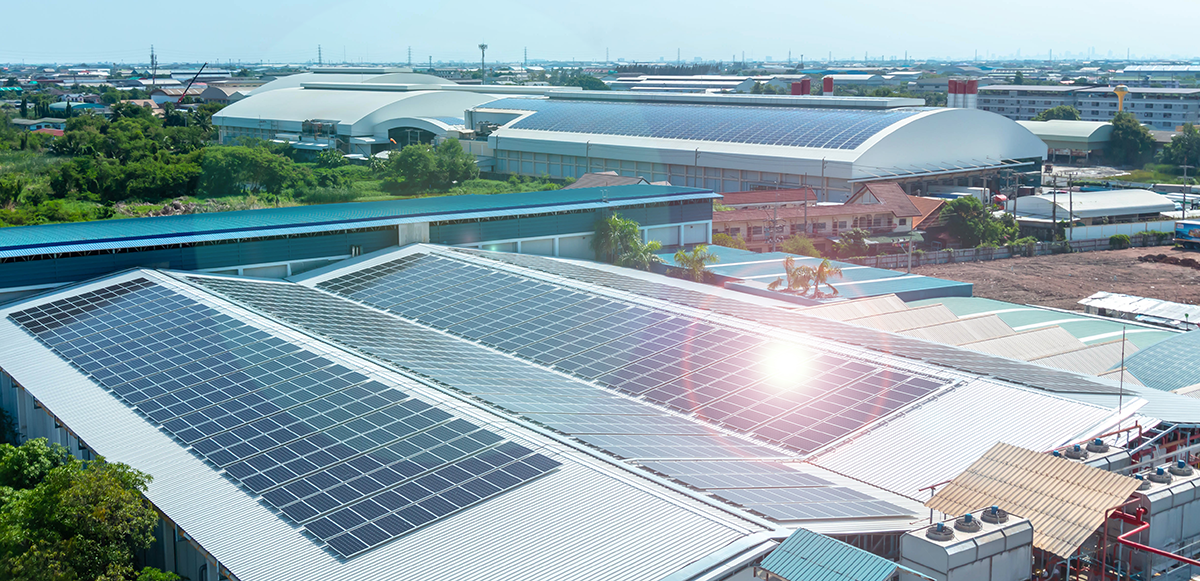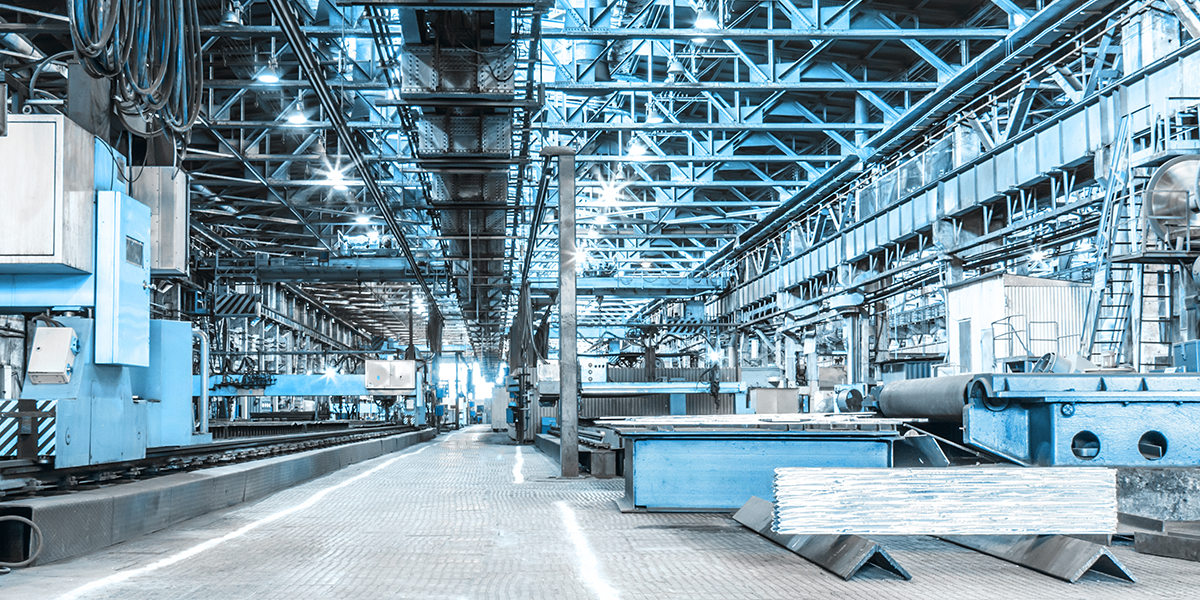What Decarbonization Innovations Will Affect the Manufacturing Industry?
Decarbonization Initiatives Implemented in a Variety of Industries
The global trend toward realizing a decarbonized society is believed to be affecting numerous fields and domains, including governments, authorities, corporations, and the public. Because emissions of CO2 and other greenhouse gases are especially large for some companies, there is demand for environmental policies to be implemented not just in mining, construction, manufacturing, and transportation, but all industries. Even in industries that do not directly emit CO2, such as wholesaling, retail, finance, insurance, and the service industry, energy conservation measures, among others, are being implemented in offices and stores, and the number of companies issuing carbon neutrality declarations is also on the rise.
Of particular note, decarbonization initiatives have been accelerating in such manufacturing industries as electronic equipment, metal products, automobiles, food, and apparel. Murata Manufacturing has joined RE100, an international environmental initiative that aims for the electricity used in business activities to come entirely from renewable energy. In turn, Murata Manufacturing is actively acquiring third-party certifications for greenhouse gas emissions, and installing large-scale solar power systems at its manufacturing sites.
In this article, we take a look at decarbonization initiatives with a focus on the manufacturing industry.

The Shift toward Electric Vehicles in the Automotive Industry
The shift toward electric vehicles (EVs) in the automotive industry is a topic that is receiving a lot of attention regarding decarbonization in the manufacturing industry. The automotive industry is currently undergoing a period of significant change considered a once-in-a-century event, and automobile manufacturers are making a radical shift from gasoline and diesel engine vehicles to EVs.
In various countries and regions, 2035 has been positioned as a turning point in the strengthening of regulations. The EU’s European Commission has announced a comprehensive draft proposal for effectively prohibiting the sale of new gas and diesel engine vehicles in that year. In Japan, where hybrid vehicles (HVs) have become common, the government has established a goal of all new passenger vehicles sold either being EVs or HVs by 2035. In China, the Society of Automotive Engineers, an organization with influence on Chinese governmental policy, has announced a plan for 50% of all new vehicles to be either EVs or fuel cell vehicles (FCVs) by 2035, and for the remaining 50% to be HVs.
Car manufacturers are accelerating their EV strategies with an eye toward 2030. A major automobile company in Japan has announced a drastic revision to its original plan for that year, with a new goal of worldwide sales of around 8 million EVs, HVs, and FCVs in 2030. In Europe, major German and French automobile manufacturers have set goals of EVs comprising 50–90% of new vehicles sold by 2030.
Conversely, EVs do not emit CO2 while running, but in life cycle assessments (LCA), which evaluate the environmental impact of a product throughout its entire life cycle from manufacture to disposal, it has been pointed out that EVs are not always a sure-fire way to achieve decarbonization. Accordingly, finding ways to reduce CO2 emissions in manufacturing processes is a pressing issue for automobile companies, and for the manufacturing industry as a whole.

Decarbonization in the Manufacturing Industry Can Also Reduce Human Error
So, what kind of decarbonization initiatives are being implemented on factory floors throughout the manufacturing industry?
As the use of renewable energy becomes more common, more and more companies are installing solar power generation systems on factory roofs as a means of offering instant benefits. In addition, machine tool manufacturers and others are working to contribute to energy conservation and increased productivity by replacing old machinery with new, highly energy efficient products and offering the latest technology.
This movement is exemplified by smart factories. Smart factories utilize IoT, 5G, AI, and other cutting-edge technologies to connect all equipment and machinery in the factory to the Internet and manage their operation. Such factories contribute to electricity conservation and the reduction of CO2 emissions by dramatically improving productivity. An increasingly common view is that the use of AI and industrial robots can reduce industrial waste, the production of non-standard products, and the errors that conventional human labor can introduce, and also help reduce CO2 emissions from production processes.
Furthermore, startups that offer platforms for factory floor energy management and cloud services to calculate and visualize CO2 emissions have emerged. Decarbonization in the manufacturing industry will continue to gain speed going forward, and there will be even greater demand for initiatives and innovations for realizing carbon neutrality.
Other Links
- Kanazu Murata Manufacturing's Plant Set to Operate on 100 percent Renewable Energy- Reducing the load on social infrastructure by deploying the largest storage battery system in the Hokuriku region -
- Murata participation in Global Environmental Initiative RE100- Aiming for 100% renewable energy use by 2050 -
Related articles
- The Vision for Next-Generation Manufacturing of Murata's Distributed Exhaust Circulation One-by-one VOC Removal System - Simultaneously Reducing Environmental Impact and Costs
- Scope 3 Category 4 Reduction Measures - Taking On the Challenge to Both Increase Environmental Value and Reduce Costs Through Logistics and Packaging
- The GHG Protocol: Scope 1, 2, and 3 GHG Emission Reductions Companies Must Reach to Achieve Carbon Neutrality

